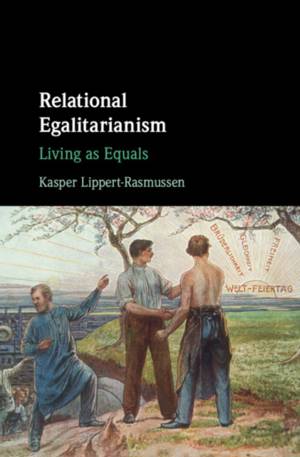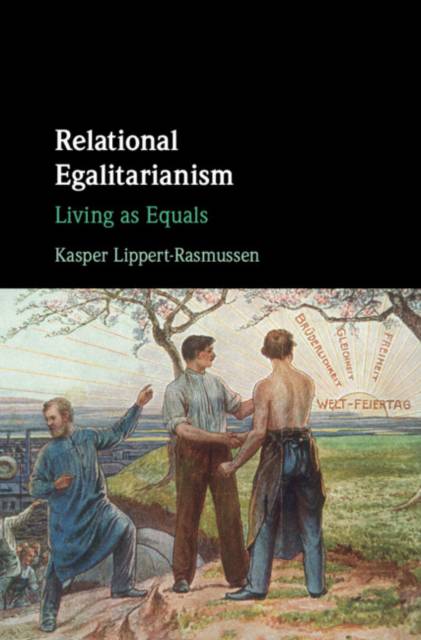
- Afhalen na 1 uur in een winkel met voorraad
- Gratis thuislevering in België vanaf € 30
- Ruim aanbod met 7 miljoen producten
- Afhalen na 1 uur in een winkel met voorraad
- Gratis thuislevering in België vanaf € 30
- Ruim aanbod met 7 miljoen producten
Zoeken
€ 125,95
+ 251 punten
Omschrijving
Over the last twenty years, many political philosophers have rejected the idea that justice is fundamentally about distribution. Rather, justice is about social relations, and the so-called distributive paradigm should be replaced by a new relational paradigm. Kasper Lippert-Rasmussen seeks to describe, refine, and assess these thoughts and to propose a comprehensive form of egalitarianism which includes central elements from both relational and distributive paradigms. He shows why many of the challenges that luck egalitarianism faces reappear, once we try to specify relational egalitarianism more fully. His discussion advances understanding of the nature of the relational ideal, and introduces new conceptual tools for understanding it and for exploring the important question of why it is desirable in the first place to relate as equals. Even severe critics of the distributive understanding of justice will find that this book casts important new light on the ideal to which they subscribe.
Specificaties
Betrokkenen
- Auteur(s):
- Uitgeverij:
Inhoud
- Aantal bladzijden:
- 264
- Taal:
- Engels
Eigenschappen
- Productcode (EAN):
- 9781107158900
- Verschijningsdatum:
- 8/11/2018
- Uitvoering:
- Hardcover
- Formaat:
- Genaaid
- Afmetingen:
- 188 mm x 234 mm
- Gewicht:
- 517 g

Alleen bij Standaard Boekhandel
+ 251 punten op je klantenkaart van Standaard Boekhandel
Beoordelingen
We publiceren alleen reviews die voldoen aan de voorwaarden voor reviews. Bekijk onze voorwaarden voor reviews.











